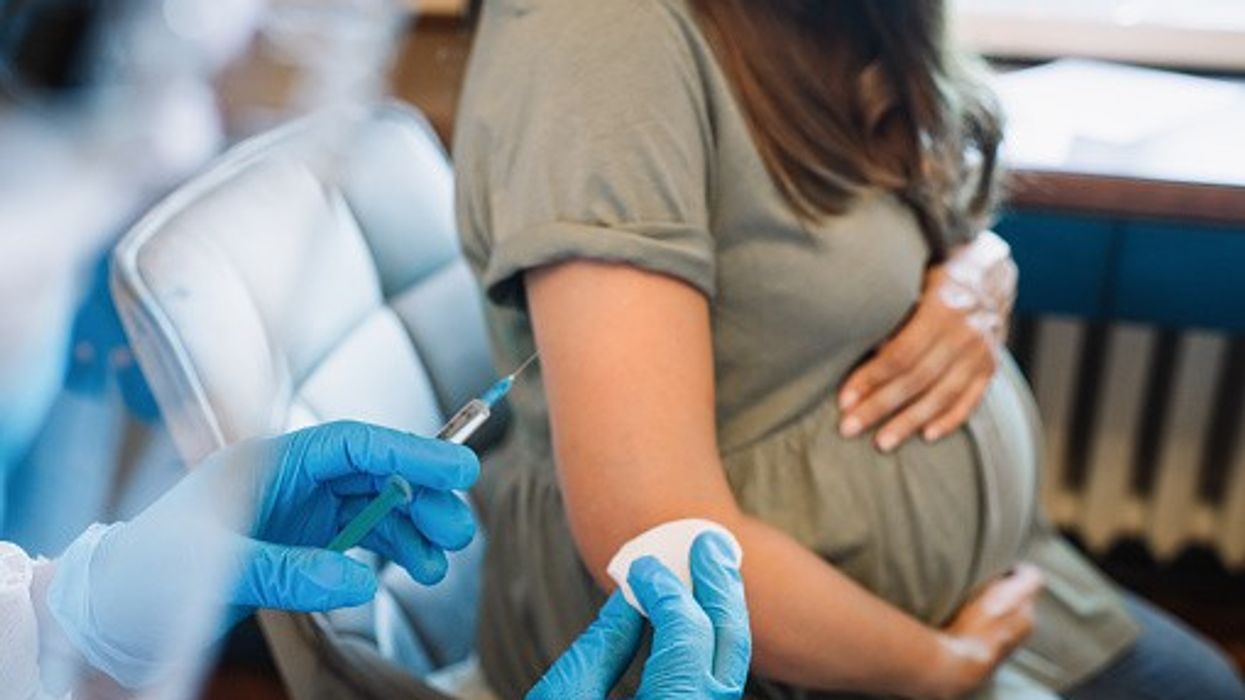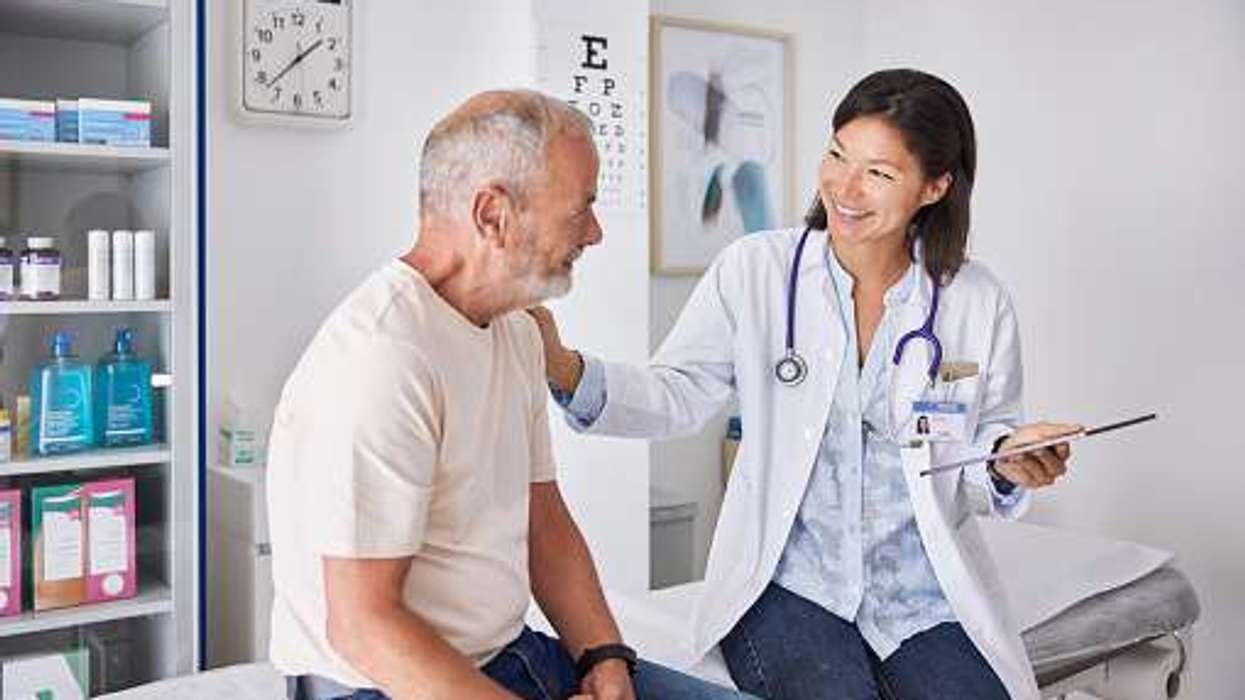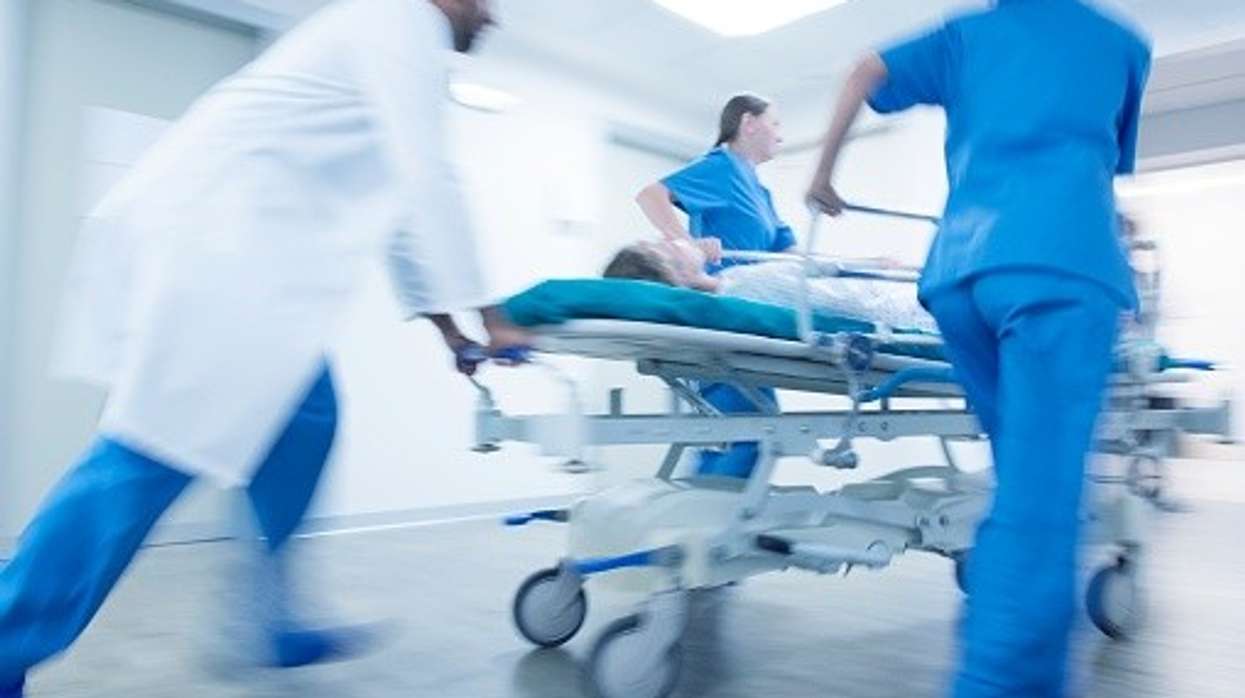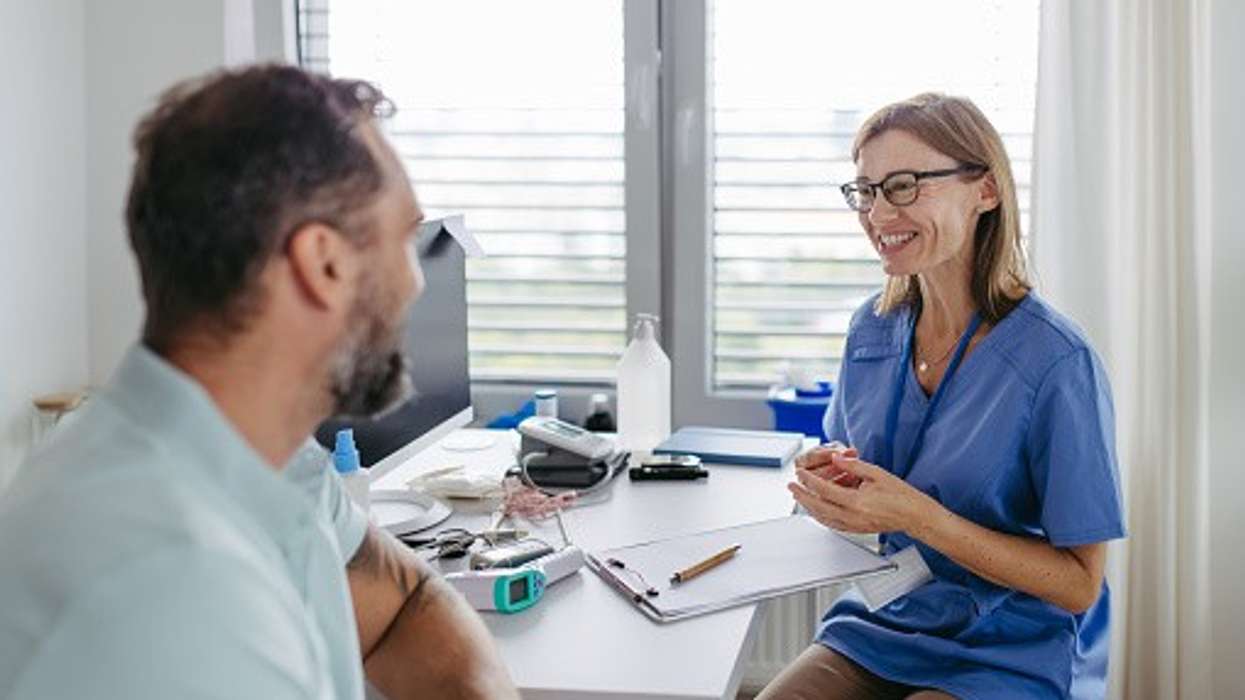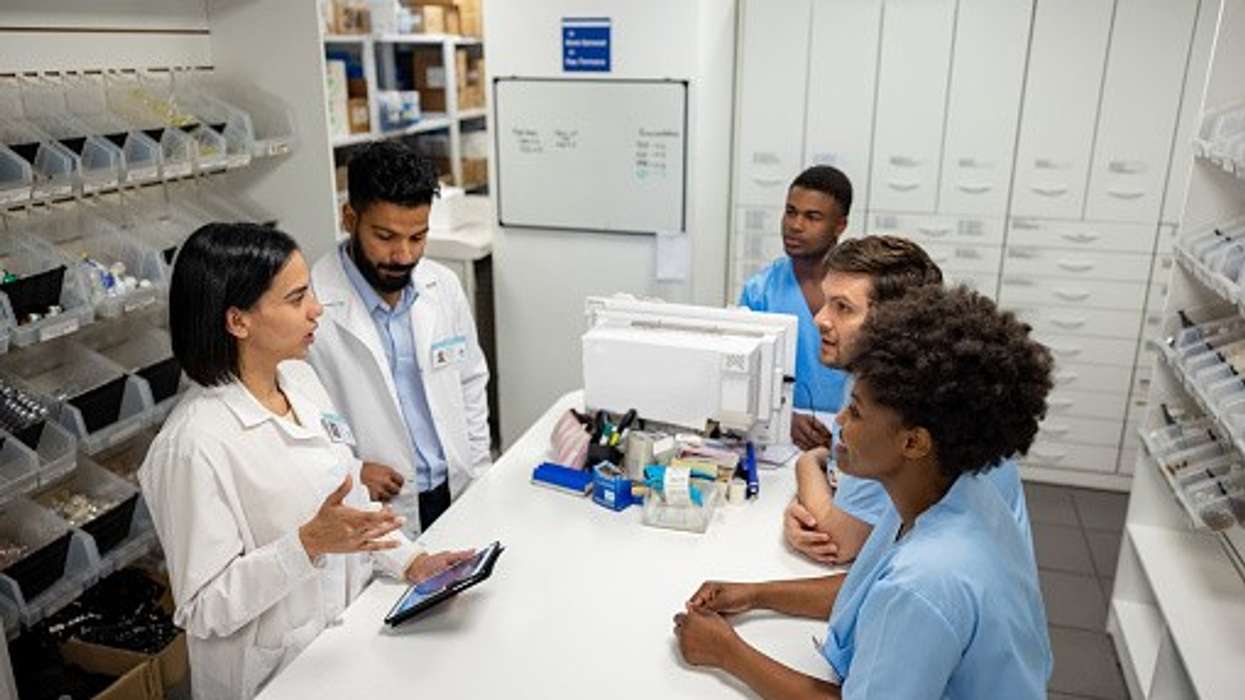NHS England will commission 50 community pharmacies in the East of England Region to provide RSV vaccines starting September 2024
The new Respiratory Syncytial Virus (RSV) vaccination programme launching in England this autumn is expected to prevent 5,000 hospitalisations and 15,000 emergency department attendances for infants.
Following the Joint Committee on Vaccination and Immunisation (JCVI) recommendation, NHS England and the UK Health Security Agency (UKHSA) announced in June the introduction of two new free RSV vaccination programmes starting on 1 September 2024 - one targeting pregnant women and another for older adults aged 75 and over.
While these programmes will primarily be rolled out through general practice and NHS Trusts, NHSE plans to include up to 50 community pharmacies in the East of England Region to administer the vaccines.
A new study estimates that the RSV vaccination programme for pregnant women could typically prevent 5,000 hospitalisations and 15,000 emergency department attendances for infants.
With an anticipated uptake of about 60 per cent among pregnant women, the study projects that the maternal programme could result in 70,000 fewer RSV illnesses in infants under 12 months, 20,000 fewer GP consultations, and prevent over 200 infants from being admitted to intensive care units.
Similarly, it is estimates that the first season of the older adult’s catch-up programme could prevent around 2,500 hospital admissions, 15,000 GP visits and 60,000 RSV illnesses in adults in this age group.
Professor Dame Jenny Harries, Chief Executive of UKHSA, emphasised the benefits of the vaccine: “Having the vaccine during every pregnancy is the best way to protect your baby against RSV, as the vaccine boosts your immune system to produce more antibodies against the virus, and these then pass through the placenta to help protect your baby from the day they are born.”
“The vaccine reduces the risk of severe bronchiolitis by 70 per cent in the first six months of life.”
She noted that the vaccine has been approved by medicines regulators in the UK, Europe and the USA.
Andrew Gwynne, Minister for Public Health and Prevention, underscored the importance of maternal vaccinations in safeguarding newborns from life-threatening illnesses like RSV.
He shared that his grandson contracted RSV just days after birth, resulting in weeks in intensive care and persistent, long-lasting health issues.
“I wouldn’t wish that on any family. This new vaccine programme offers us an opportunity to prevent similar trauma, helping stop thousands of hospitalisations while saving precious lives,” he said.
Gwynne urged everyone eligible to get vaccinated to ensure protection from the first day of the baby’s life and safeguard the child’s future.
Steve Russell, NHS National Director for Vaccinations and Screening, encouraged pregnant women at 28 weeks or more to consult their maternity team or GP about getting vaccinated. He also urged individuals aged 75 to 79 to come forward as soon as they are invited by their GP.
RSV infects around 90 per cent of children within the first 2 years of life, but many people are unaware of it.
While the virus usually results in mild, cold-like symptoms, it can cause serious lung infections such as pneumonia and infant bronchiolitis, and is a major global cause of infant mortality.
According to UKHSA, RSV illness is the main cause of winter pressures in children’s hospitals each year, contributing to strain on pediatric intensive care units and resulting in cancelled operations.
It accounts for approximately 20,000 hospitalisations in children under one and is responsible for 20 to 30 infant deaths annually in the UK.
Professor Dame Jenny Harries stated that these two new RSV vaccine programmes offer huge opportunities to prevent severe illness in those most vulnerable to the virus, thereby helping save lives and alleviate NHS winter pressures.
“UKHSA has provided critical scientific information to evidence the benefits of a national RSV immunisation programme and so the rollout of the vaccine is a truly positive moment for the public’s health,” she said, urging all those eligible to take up the offer when the programmes begin in September.
The UKHSA noted that it is actively collaborating with NHS colleagues to ensure the effective rollout of the two new RSV vaccination programmes and will also monitor their impact through its routine national surveillance.








